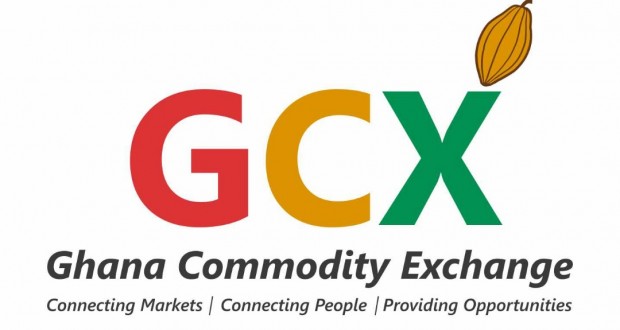The GCX was launched in November 2018 and began operations in earnest. The commodity exchange is basically a platform that brings sellers of food produce and its buyers to together.
Ghana being an agricultural nation and employing a good section of the population, it has still not been able pride itself as high income earning sector for the over 55% of the population employed by the sector. However, four (4) entrepreneurial opportunities have been identified with the GCX.
Additionally, the Agric sector known to be fraught with problems that limit the potential for it to be a gainful and proud employer of the population. The contribution of agriculture to the GDP currently accounts for 25%.
One of the well-known factors of limitations to farmers who are the primary players in the sector is the availability of ready market. However, the GCX is expected to offer services to help mitigate this limitation.
The GCX in its operations offer some opportunities for businesses and individuals to get on board. Some of the entrepreneurs may be required to register with the GCX while others may not necessary be required to do so.
Brokers (Buyers)
There exist opportunities for businesses and individuals to register as buyer brokers. These players could either buy from the farm for onward selling or export. For such brokers to be recognized, they would be required to registered with the GCX and keep maintaining their yearly membership status. Their source of revenue would emerge from margins on the selling of produce bought from the exchange.
Brokers (Sellers)
These are brokers who had played a major role as aggregators in the past by buying especially maize, storing and selling them in lean seasons. With the emergence of the GCX, they would still have the opportunity to perform the role of acquiring produce from farmer and depositing in the GCX warehouses. The farmer may, however, have to choose from getting a little lower but instant revenue from such aggregators. The basis of negotiation would, however, be based on the standardized price quoted by the exchange. The aggregator would in turn deposit into the GCX warehouse and wait till lean season to shore up margins associated with the season.
Transporting of Farmers’ Produce
Companies and individuals could offer services in transporting food for the farmer to the designated GCX warehouses. At the initial stages, the GXC may support this activity but as their operations expand, it may not be sustainable for the exchange to carry out this role. Farmers may, therefore, require the services of such entities to cart their produce to the GCX warehouse while maintaining the standards of the commodities
Agric Specialist/Consulting Services
Some commodities, for example maize, would need to be of a certain standard before it could be traded on the exchange. Farmers may require the service of Agric experts who could help them to cultivate the produce to attain the standards prior to processing. These specialists and consulting services could be corporates or individuals who could either be paid by developmental agencies or paid by the farmer groups.
These main four entrepreneurial opportunities are available with the GCX for all who want to venture into the agribusiness space.
ALSO READ: Ghana Commodity Exchange (GCX) – How it Works



